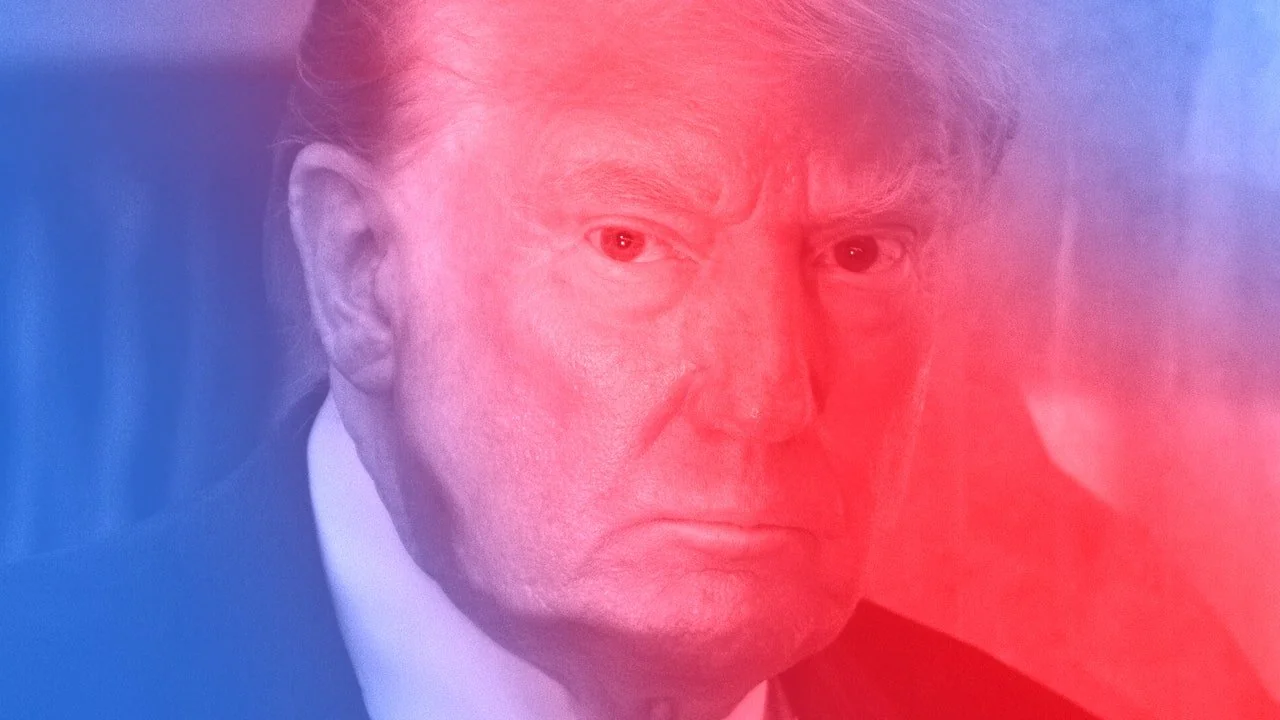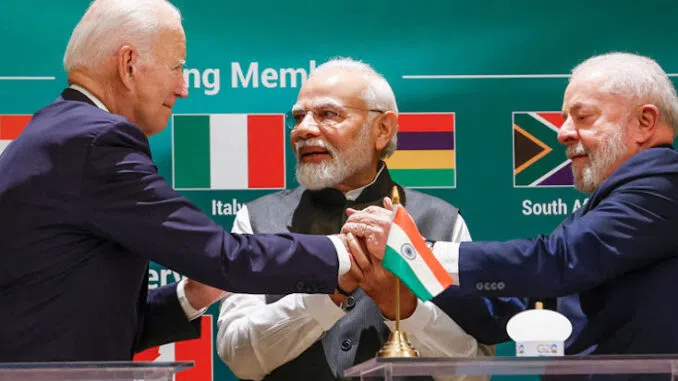In this ever-evolving digital landscape, characterized by a myriad of groundbreaking innovations, a crucial question emerges: What is the true cost of these conveniences? The recent advocacy put forth by none other than the Bill & Melinda Gates Foundation for the Modular Open-Source Identification Platform (MOSIP) now faces rigorous scrutiny from privacy advocates. This scrutiny delves into the wider implications that such a sweeping global digital identification system might entail.
A Bold Move by the Gates Foundation
Nestled in Seattle, the Gates Foundation has taken a decisive step, aligning itself with the United Nations' Sustainable Development Goals. With a substantial commitment of $10 million, the foundation has wholeheartedly thrown its weight behind MOSIP's endeavors.
The crux of the foundation's objective appears to be centered around propelling a universal digital identification framework, a mission that seems particularly geared towards economies straddling the lower and middle-income spectrum. However, history whispers a cautionary tale – substantial advancements often walk hand in hand with potential pitfalls, and one of the prime concerns lurking in the shadows is the matter of personal privacy.
The MOSIP Endeavor: Bridging the Gap or Unearthing Pitfalls?
Inspired by India's contentious state digital ID system, Aadhaar, which made waves upon its inception in 2009, the MOSIP initiative raises a host of valid concerns. While Aadhaar piqued the global interest, individual countries encountered a diverse array of challenges. These challenges manifested in the form of potentially costly and less transparent commercial systems, inevitably leading to the specter of "vendor lock-in" and the ominous possibility of user data misuse.
MOSIP, launched in 2018, positions itself as a countermeasure to these complications, trumpeting its versatility and adaptability to suit various nations' specific requirements. The Philippines took the lead in its adoption, swiftly followed by 11 countries, predominantly from the African continent. Yet, with more than 90 million digital IDs already disseminated across nations like the Philippines, Ethiopia, and Morocco, the gravity of the situation becomes acutely apparent. The substantial volume of data amassed, coupled with the looming risks of breaches or improper use, casts a disconcerting shadow over the initiative.
Navigating Complexities: The Vendor Ecosystem Conundrum
Tailoring MOSIP to cater to each nation's distinctive prerequisites necessitates the aggregation and customization of vast pools of personal data. Although MOSIP boasts an impressive vendor ecosystem comprising 80+ entities, this raises several pertinent concerns. A higher number of vendors inherently translates to an elevated susceptibility to data breaches. Despite MOSIP's offer of training, product showcases, and a comprehensive certification process, the intricate task of managing multiple vendors scattered across disparate nations could potentially imperil the integrity of personal data.
The audacious aspiration of MOSIP, aiming to register a staggering 1 billion individuals within the next decade, intensifies these concerns. While the Gates Foundation views digital ID systems as instrumental in cultivating digital public infrastructure (DPI), a framework theoretically capable of nurturing economic growth, the potential perils to personal privacy cannot be brushed aside.
Striking the Delicate Balance: Privacy and Progress
The concept of DPI holds the promise of streamlining transactions for both individuals and governing bodies alike. However, its adoption sans robust privacy safeguards stands to usher in a plethora of adverse consequences – misuse, surveillance, and unwarranted access to data chief among them.
The modern age has witnessed the transformation of personal data into a treasure as precious as gold. The fervent push for widespread digital ID systems, harboring global aspirations, mandates careful examination. After all, the sanctity of privacy remains an inalienable right, one that cannot be compromised for any reason, no matter how innovative or compelling. The overarching impact of digital IDs on privacy demands meticulous scrutiny, for in the grand tapestry of progress, the threads of privacy must be meticulously woven.
Free Speech and Alternative Media are under attack by the Deep State. Chris Wick News needs your support to survive.
Please Contribute via GoGetFunding



